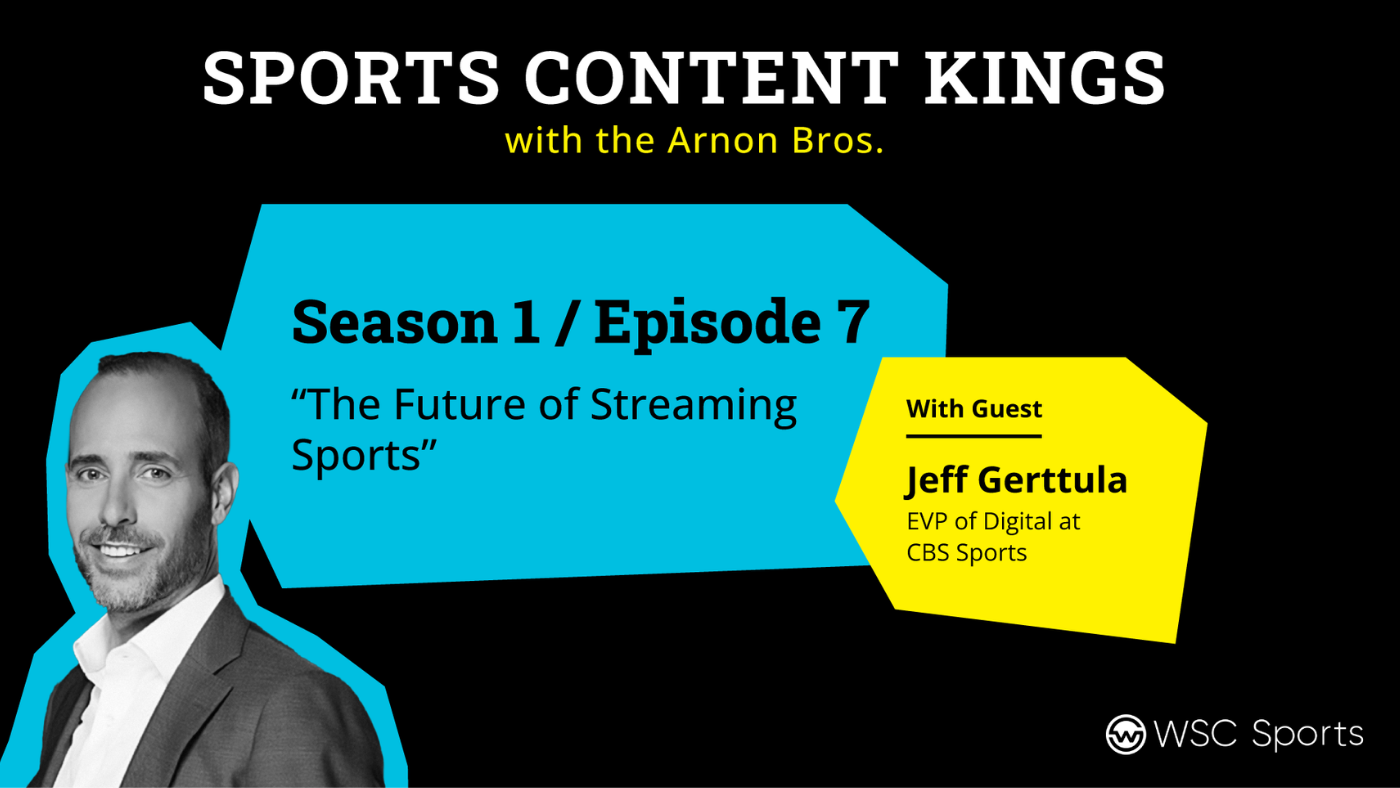Content personalization has become increasingly important in the sports industry, with platforms like TikTok leading the charge in providing personalized experiences for their users reinforced by an algorithm that provides more of what the viewer wants.
Pete Scott, VP of Emerging Technology and Innovation at Warner Bros. Discovery, recently spoke about the success of TikTok and its personalized approach to content on the Sports Content Kings podcast by WSC Sports. He said that the platform’s algorithm is a major factor in its ability to sort through the vast amount of content on the platform and deliver highly personalized experiences to users.
This personalized approach to content has proven to be incredibly effective in engaging and retaining sports fans. By providing users with content that is tailored to their individual interests and preferences, rights holders can create a more immersive and enjoyable experience for their audiences.
Six years ago, I wrote about sports creating personalized feeds of live highlights, with links to game action, to serve a new generation of viewing habits.
Today, with a new app, the NBA is getting pretty close to realizing that vision! pic.twitter.com/LOsJ17WqoD
— ✏️Jacob Feldman (@JacobFeldman4) September 27, 2022
WSC Sports makes it easy for rights holders to improve their personalization capabilities. By automating content creation and distribution, rights holders gain the speed and scale to provide the right piece of content at the right time to a fan. WSC Sports calls this video on command (VOC).
An important development in sports organizations’ efforts to personalize content for their fans is the use of data and analytics to gain a deeper understanding of their audience. By analyzing things like user behavior and demographics, sports organizations can create content that resonates with specific groups of fans within their audience.
Another way to personalize content is by offering fans the ability to customize their experience. For example, a sports team could allow fans to select their favorite players or teams, and then provide them with personalized content based on those selections.
In addition to creating a more engaging experience for fans, personalization can also help sports organizations increase revenue. By providing highly targeted content, sports organizations can effectively sell sponsorships, tickets, and merchandise to a specific audience, which increases revenue generating opportunities.
Overall, content personalization is an essential part of the sports industry. By using data and analytics to understand their audience, and offering customized content, rights holders can create a more engaging experience for their fans.
Want to learn more about Pete Scott’s take on what’s to come in sports content, including personalization? Check out the first episode of Sports Content Kings on Apple, Spotify, or your preferred listening platform.



